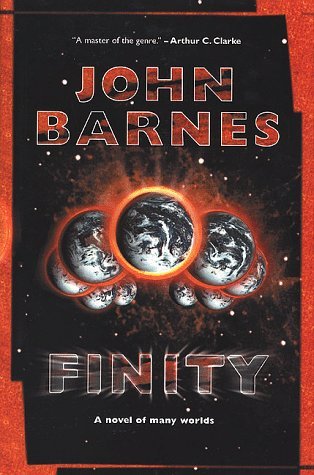What do you think?
Rate this book


303 pages, Hardcover
First published January 1, 1999
Like a lot of science fiction novels, this one started off poor. It had a slow build up while the author tried to find his ground, but when it got to the main subject matter, it really made it pop. This was an excellent look at the Many Worlds theory, and while not the greatest, I would still recommend reading it.